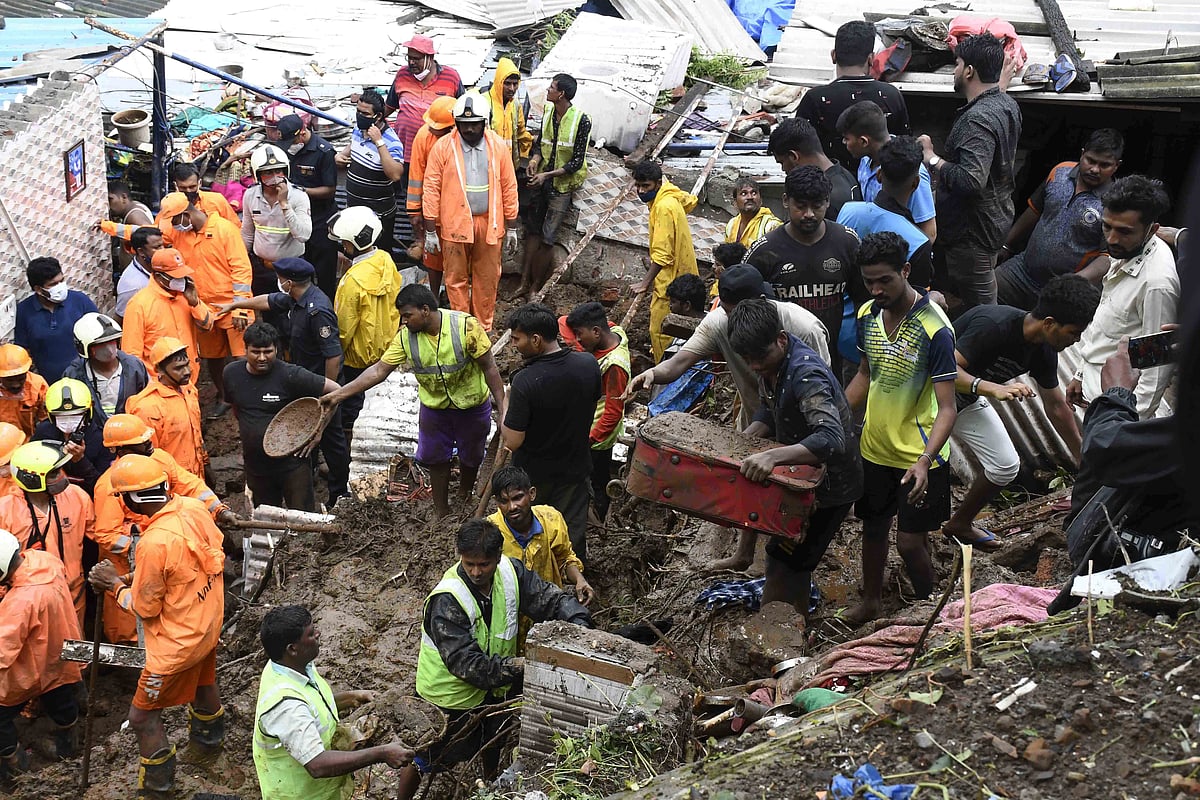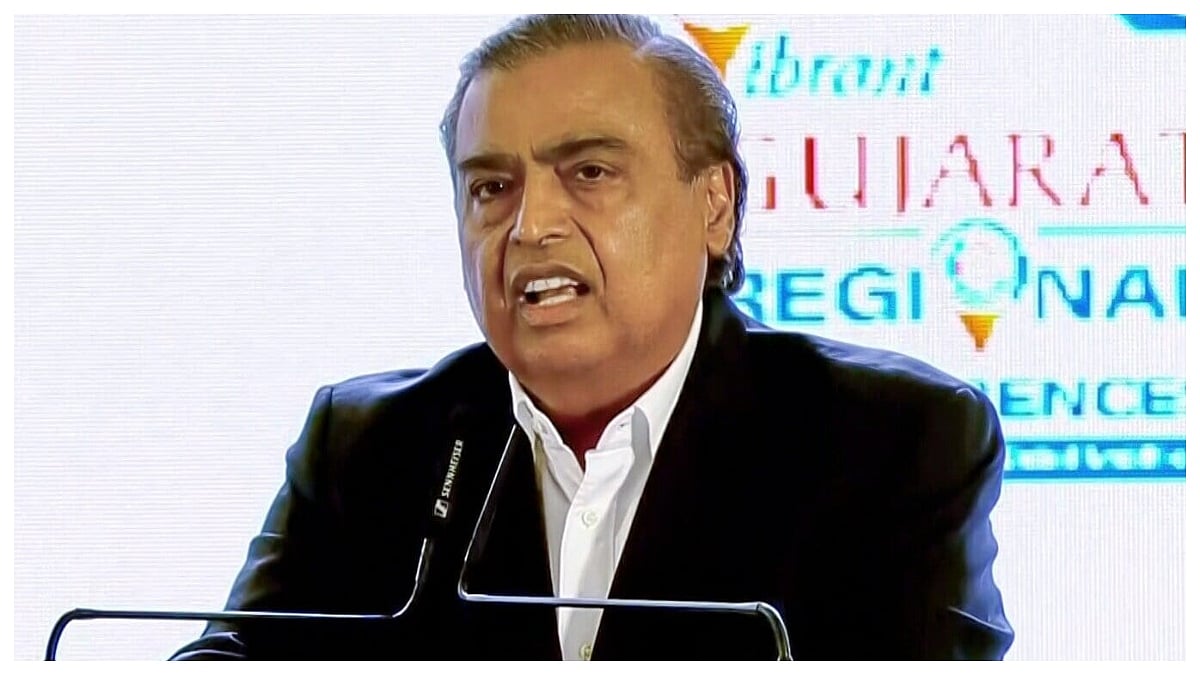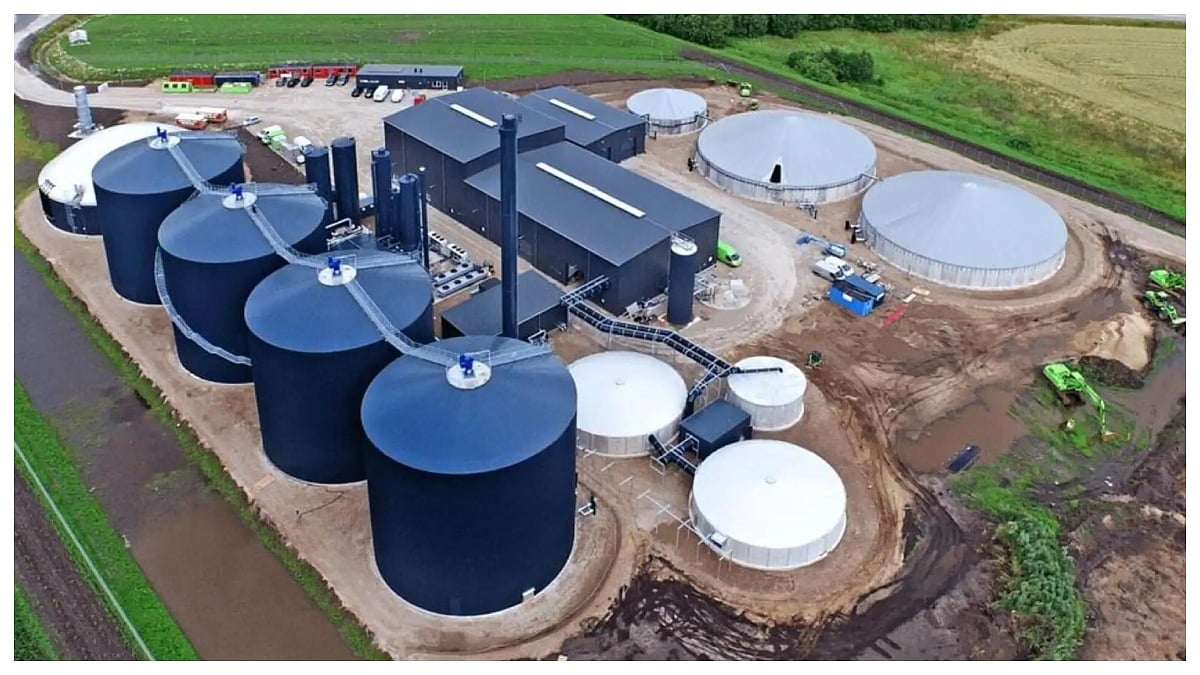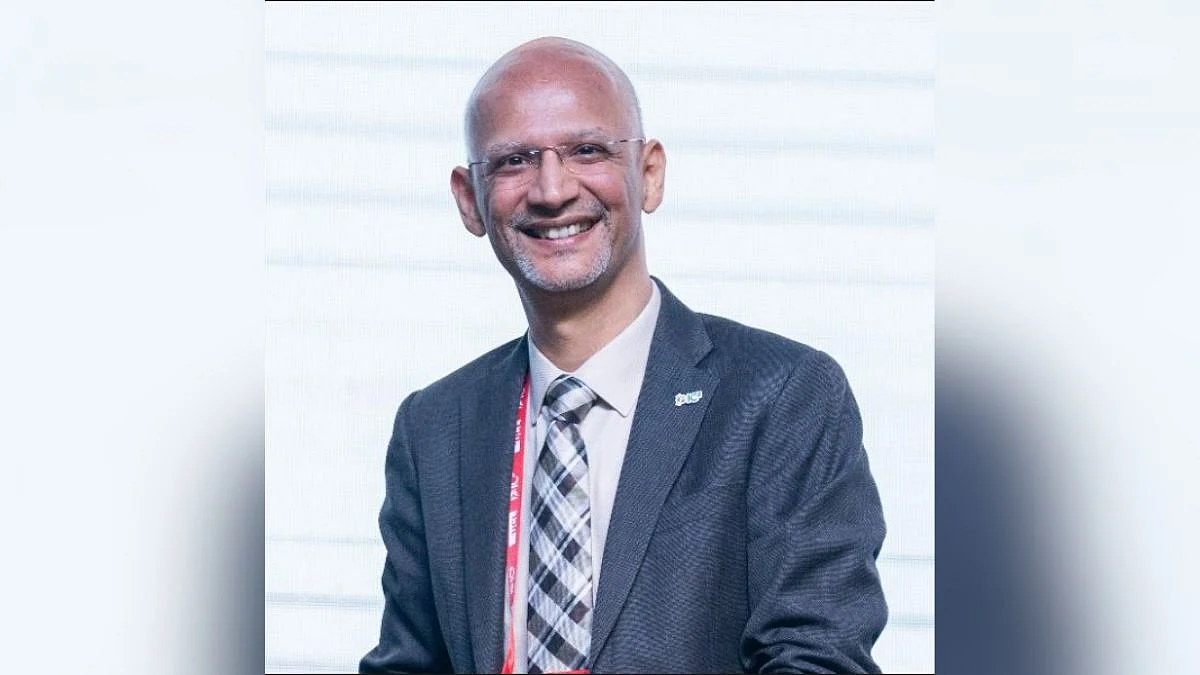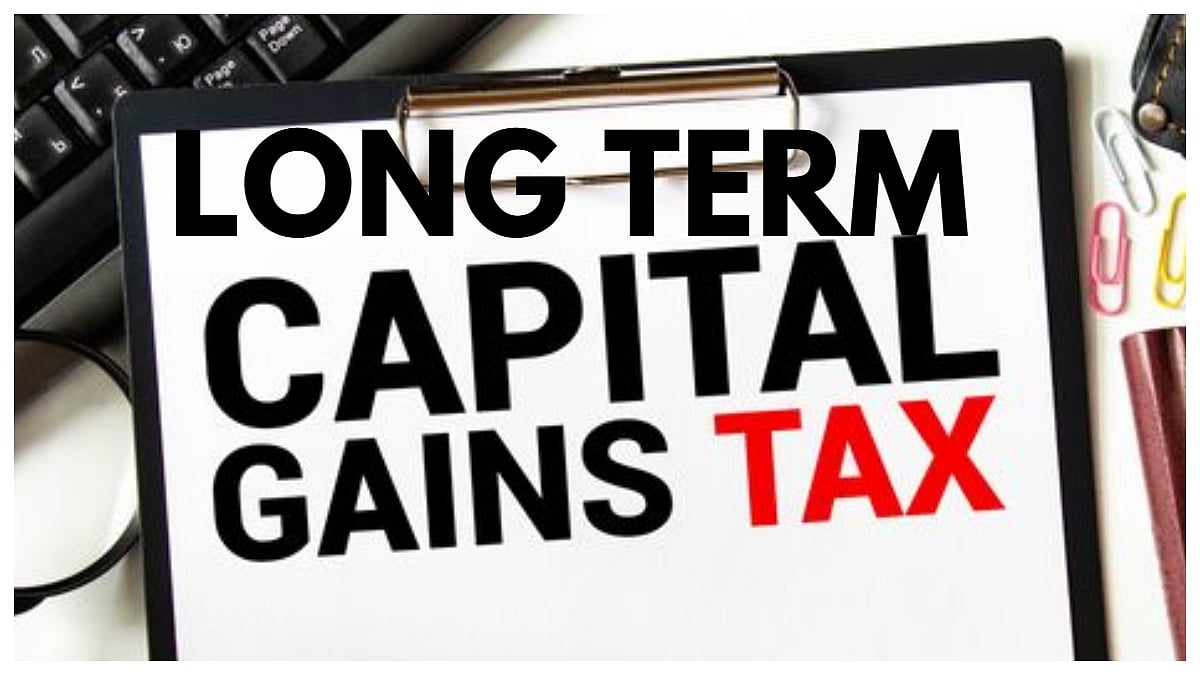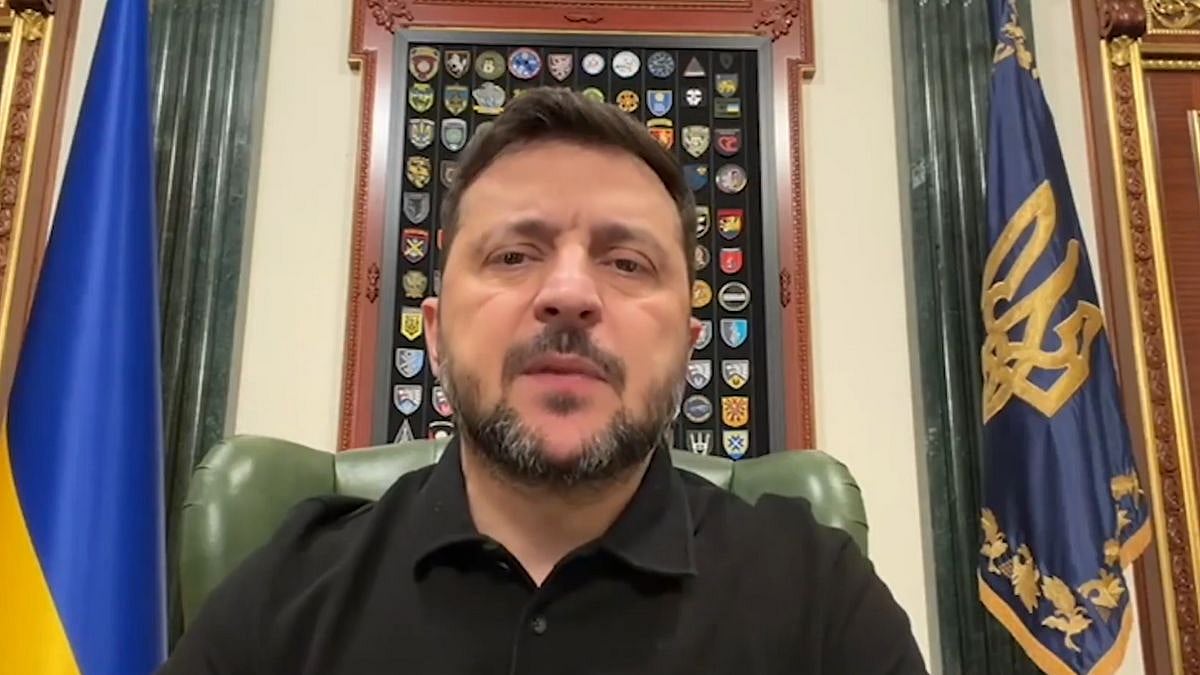New Delhi: Climate-related disasters have affected at least 139.2 million people since the beginning of the Covid-19 pandemic and killed more than 17,242 others. This is the finding of a new analysis published on Thursday by the International Federation of Red Cross and Red Crescent Societies (IFRC) and the Red Cross Red Crescent Climate Centre on the compound impacts of extreme-weather events and Covid-19.
A further estimated 658.1 million vulnerable people have been exposed to extreme temperatures.
Through new data and specific case studies, the report shows how people across the world are facing multiple crises and coping with overlapping vulnerabilities.
The paper also highlighted the need of addressing both crises simultaneously as the Covid-19 pandemic has affected livelihoods across the world and has made communities more vulnerable to climate risks.
IFRC President Francesco Rocca, who presented the report in New York, said: "The world is facing an unprecedented humanitarian crisis where the climate change and Covid-19 are pushing communities to their limits. In the lead up to COP26, we urge world leaders to take immediate action not only to reduce greenhouse gas emissions, but also to address the existent and imminent humanitarian impacts of climate change."
The report comes a year after an initial analysis of the overlapping risks of extreme-weather events that have occurred during the Covid-19 crisis. The pandemic continues to wreak havoc, with direct health impacts for millions of people around the world, but also a massive indirect impact, in part due to the response measures implemented to contain the pandemic.
Food insecurity caused by weather extremes has been aggravated by Covid-19. Health systems are pushed to their limits and the most vulnerable have been the most exposed to overlapping shocks.
In Afghanistan, the impacts of the extreme drought are compounded by conflict and the pandemic.
The drought has crippled agricultural food production and diminished livestock, leaving millions of Afghanis hungry and malnourished. The Afghan Red Crescent Society has ramped up relief, including food and cash assistance for people to buy food supplies, plant drought-resistant food crops and protect their livestock.
In Kenya, the impacts of Covid-19 are colliding with floods in one year and droughts in the next, as well as a locust infestation. Over 2.1 million people are facing acute food insecurity in rural and urban areas.
In the country and across East Africa, the Covid-19 restrictions slowed down the flood response and outreach to affected populations increasing their vulnerabilities.

Red Cross and Red Crescent Societies around the globe are not only responding to those overlapping crises but also helping communities to prepare and anticipate climate risks.
In Bangladesh for instance, the Red Crescent Society has used IFRC's designated funds for anticipatory action to disseminate flood related early warning messages through loudspeakers in vulnerable areas so people can take the necessary measures or evacuate if necessary.
Julie Arrighi, associate director at the RCRC Climate Center, said: "Hazards do not need to become disasters. We can counter the trend of rising risks and save lives if we change how we anticipate crises, fund early action and risk reduction at the local level. Finally, we need to help communities become more resilient, especially in the most vulnerable contexts."
The Covid-19 pandemic has had a lasting impact on climate risks. Governments need to commit to investing in community adaptation, anticipation systems and local actors.
"The massive spending in Covid-19 recovery proves that governments can act fast and drastically in the face of global threats. It is time to turn words into action and devote the same energy to the climate crisis. Every day, we are witnessing the impact of human-made climate change. The climate crisis is here, and we need to act now," Rocca added.
